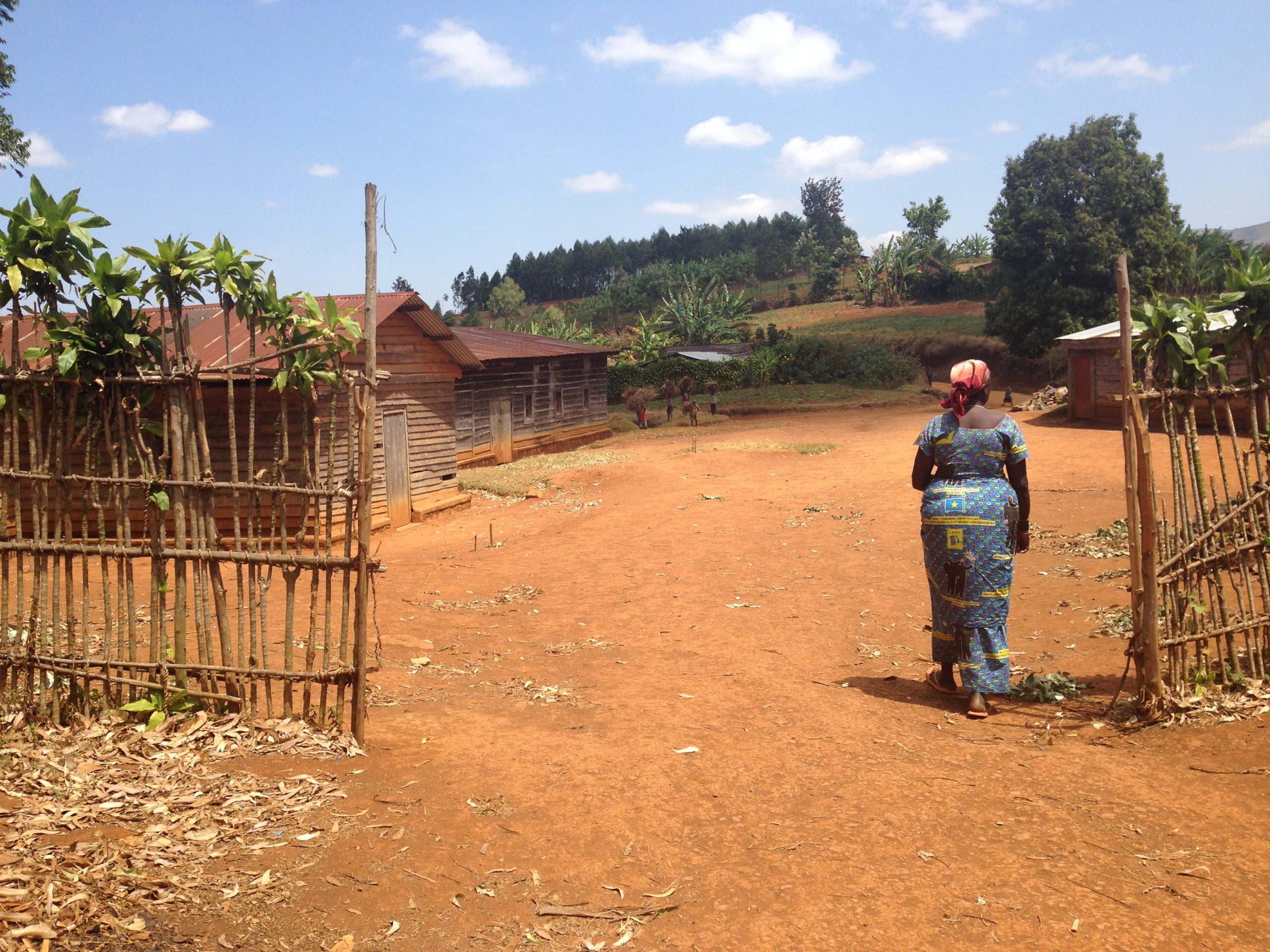Obuvumu

Obuvumu (2022-2024)
Obuvumu: Improving Health Service Uptake for Survivors of Sexual Violence
Principal Investigators: Lindsay Stark, PhD; Fred M. Ssewamala, PhD; Massy Mutumba, PhD (University of Michigan)
Project Team Members: Derek Brown, PhD; Rachel Brathwaite, PhD
Implementing Partners: Abel Mwebembezi, PhD (Reach the Youth Uganda)
Funded by the National Institute of Mental Health (NIMH), the overall goal of the Obuvumu study is to inform the future development of culturally appropriate, feasible, acceptable, and effective interventions to increase health service utilization among female survivors of sexual violence. High numbers of women experience sexual violence in Uganda, and this includes violence from intimate and non-intimate partners. Studies of past year violence have revealed that three out of four females were exposed to at least one type of sexual violence: one out of four are victims of sexual coercion, and one out of four have experienced forced sex. Experiencing sexual violence has harmful effects on physical and mental health including: unwanted pregnancy, physical injury, risky behaviors, sexual risk-taking behaviors exposing women to sexually-transmitted infections, chronic stress, depression, low self-esteem, and lack of control over reproductive choices. The negative impacts of sexual violence can be mitigated by health services providing timely and effective interventions that target injury management and psychological support. However, health services for victims of sexual violence in Uganda, and much of sub-Saharan Africa, are vastly underutilized to the extent that nine out of 10 females who experience sexual violence never seek care. Many factors contribute to limited uptake of health services in Uganda and elsewhere in sub-Saharan Africa for sexual violence survivors, including psychological, cultural, economic, and other factors, such as fear and stigma. Further, health services for victims often lack sufficiently qualified staff and medical supplies, and confidentiality cannot be ensured. In the absence of timely and effective treatment, high rates of sexual violence result in serious psychological and physical consequences at a population level and compromise future social and economic development. Thus, there is a strong need for research that will generate knowledge that may be used to improve health service utilization for survivors of sexual violence. Learn more here.
The proposed Obuvumu (meaning “courage” in Luganda) study will innovatively address this need through the following specific aims:
Aim 1. Conduct formative qualitative research to inform a discrete choice experiment (DCE) that will generate systematic information on health service utilization for female survivors of sexual violence in Uganda;
Aim 2. Using a DCE approach, assess the factors that influence women’s decisions to seek services after experiencing sexual violence;
Aim 3: Based on findings from the DCE, apply user-centered design principles to co-design an intervention that addresses barriers and preferences identified in Aims 1 and 2.
Findings from this study may help inform efforts to increase rates of reporting of sexual violence and improve reproductive health, mental health, and related health outcomes for women in Uganda, and more broadly in low-resource countries in sub-Saharan Africa and other regions where rates of sexual violence are high.
Obuvumu Publications
Stark L, Mutumba M, Ssewamala F, Brathwaite R, Brown DS, Atwebembere R, Mwebembezi A. Protocol for a discrete choice experiment: understanding preferences for seeking health services for survivors of sexual violence in Uganda. BMJ Open. 2024 Aug 6;14(8):e081663. doi: 10.1136/bmjopen-2023-081663. BMJ Open

